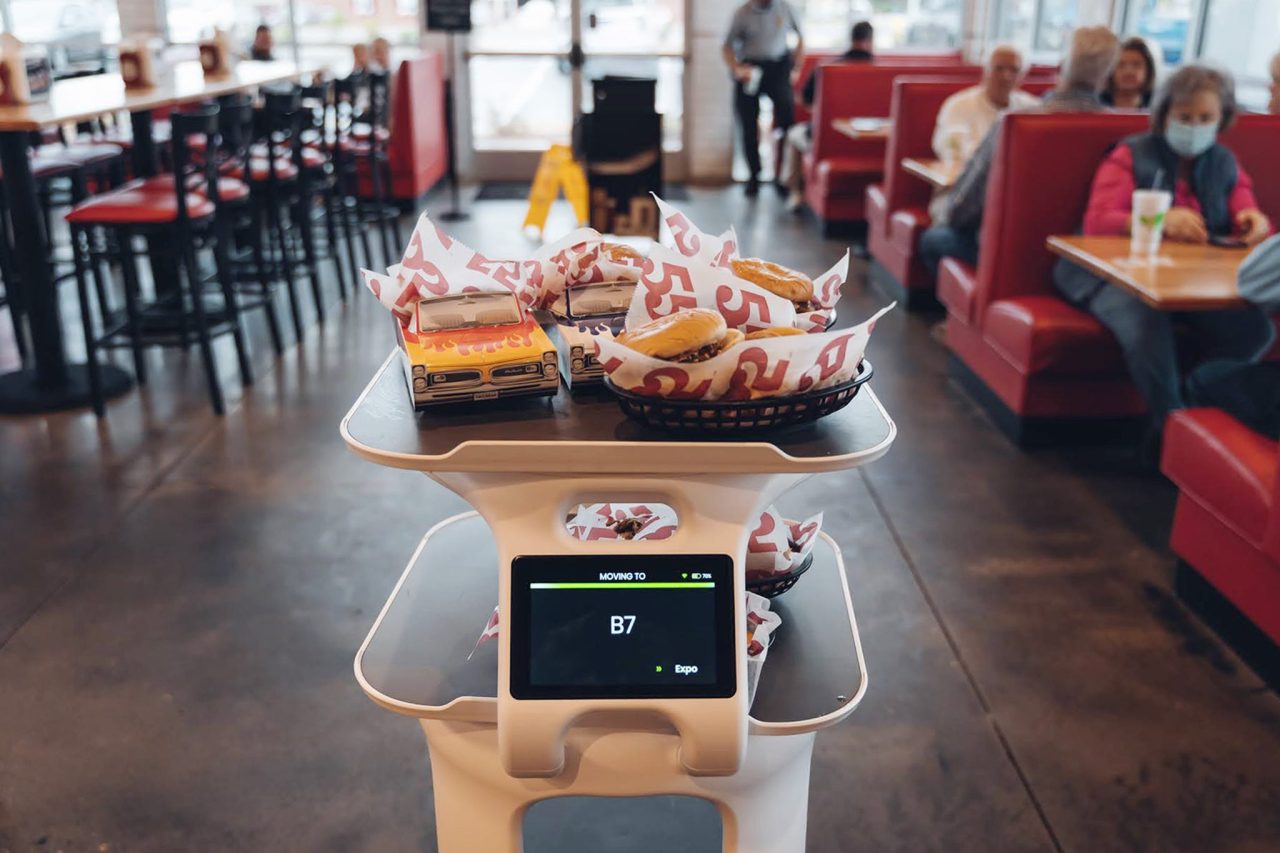The landscape of the food service industry is evolving rapidly, and a notable player in this transformation is Bear Robotics. With the recent announcement of an $81 million Series B funding round, the company is not just keeping pace with industry demands but also addressing one of its most pressing challenges: staffing shortages. The increasing reliance on robotic solutions in the hospitality sector is capturing attention, and Bear is at the forefront of this shift, aiming to revolutionize the way restaurants operate while enhancing the dining experience.
The Rise of Robotic Solutions in Restaurants
Bear Robotics is part of a wave of food robotics startups dedicated to automating tasks ranging from food preparation to delivery. Unlike some of its competitors seeking a fully automated dining experience, Bear’s philosophy is centered around collaboration with human staff. The company’s flagship robot, Servi, is designed to function as a mobile support system rather than a full replacement for waitstaff. This aligns with the vision of founder and CEO John Ha, who emphasizes the necessity of maintaining the human touch in dining.
Servi: A Game Changer for the Restaurant Experience
Bear Robotics has successfully deployed its Servi robot across various establishments, including well-known names like Chili’s, Denny’s, and Marriott. With a track record of delivering 28 million meals over an impressive 335,000 miles, Servi’s practicality is evident. But what exactly sets this robotic solution apart?
- Enhancing Efficiency: By enabling servers to focus on guest interaction rather than routine tasks like delivering orders, Servi enhances overall restaurant efficiency.
- Responding to Labor Market Challenges: As restaurants face chronic labor shortages, particularly exacerbated by the global pandemic, robotic solutions provide a buffer, ensuring smooth operations while staff attend to critical service elements.
- Designed for Collaboration: Unlike traditional robot waiters, Servi acts more like a mobile table, seamlessly transporting orders from kitchen to dining area, thereby allowing the human staff to maintain their essential roles.
Funding and Future Prospects
The $81 million from the Series B funding, spearheaded by new investor IMM and supported by SoftBank, showcases the growing confidence in Bear Robotics’ business model. With a total funding surpassing $117 million, the focus now shifts to expanding its influence in markets beyond the U.S., such as Japan, where an aging population and labor voids necessitate innovative solutions.
Bear’s strategic direction emphasizes enhancement rather than replacement, which positions it favorably in a market wary of full automation. The integration of robotics into the dining experience is not without challenges, but Bear’s cautious approach may resonate well with restaurant operators looking to leverage technology while preserving the core human experiences that define dining.
Conclusion: A Promising Future for Food Robotics
The future of the restaurant industry appears bright as robotics continue to tap into labor shortages and operational efficiency. Bear Robotics stands as a testament to the potential of technology in transforming everyday dining experiences. As the company forges ahead, the balance between automation and human touch will be crucial in navigating this uncharted territory.
At fxis.ai, we believe that such advancements are crucial for the future of AI, as they enable more comprehensive and effective solutions. Our team is continually exploring new methodologies to push the envelope in artificial intelligence, ensuring that our clients benefit from the latest technological innovations.
For more insights, updates, or to collaborate on AI development projects, stay connected with fxis.ai.

